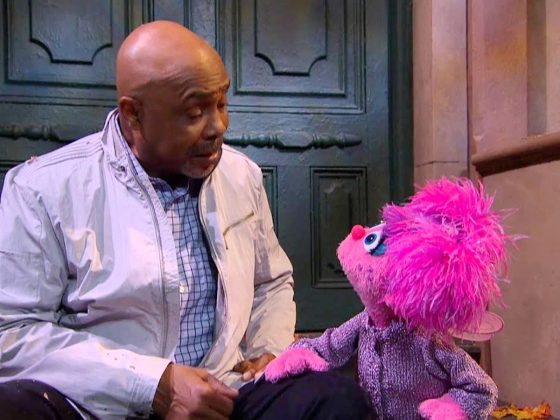
Positive Problem Solving
We can help children learn to solve problems – a key part of resilience!
Critical thinking, self-control, planning, persistence, and reasoning skills help children solve problems and make good decisions. Grown-ups can help little ones build these skills during everyday moments, and it’s important to first help children feel safe to try, try, and try again!
Watch this short video to learn these simple strategies for building these skills:
- Connect – create an environment in which children feel safe to try
- Identify – help kids express problems in their own words
- Think – encourage kids to consider different solutions
- Try – cheer kids on and let them know that sometimes we have to keep trying!
After watching, take a look at Teaching Belly Breathing and Elmo’s School Friends to help put these strategies into practice.
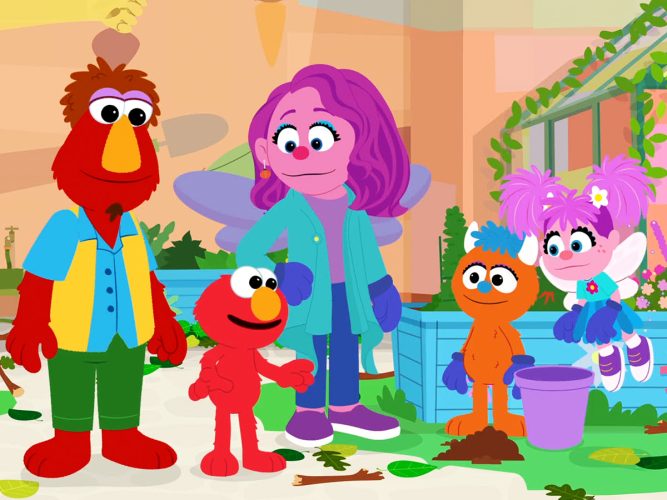
A Garden of Support
Communities can tackle big problems by working together!
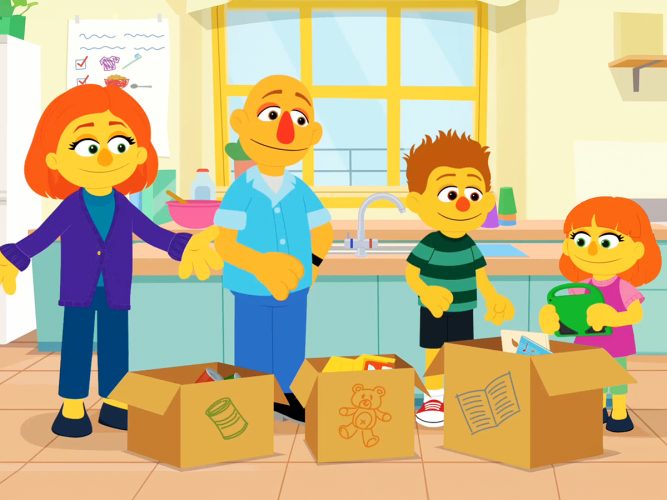
Helping at Home, Helping the Neighborhood
Little acts can make a big difference.
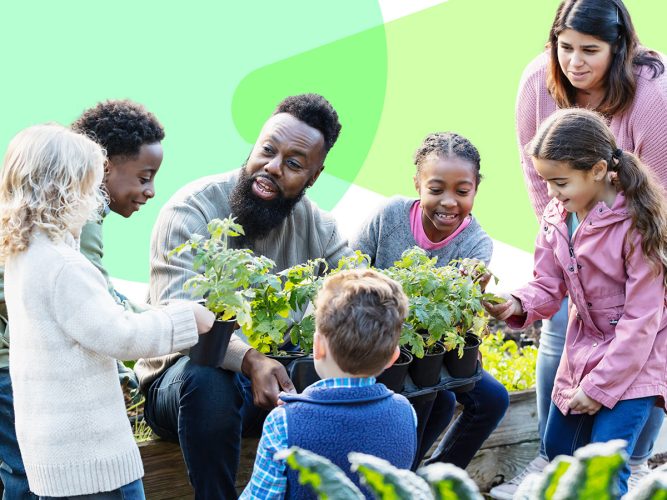
Engaging Kids with Nature and Community: Outdoor Activities and Adventures
Learning to care for the environment starts with loving the natural world around you.
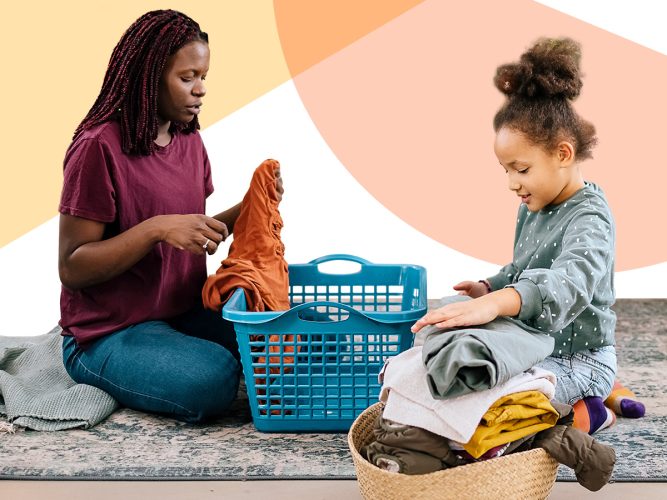
Empowering Kids to Make a Big Impact in Their Communities
Learning about what makes a community is the first step in learning how to take care of our communities!
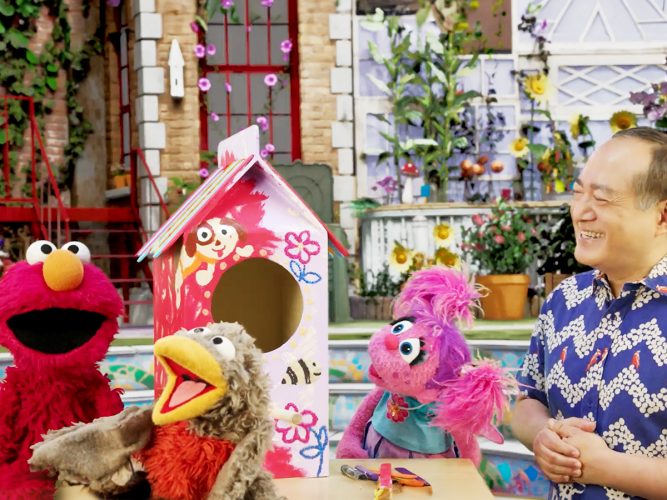
Little Neighbors Can Do Big Things
A new friend joins the Little Neighbors Club!
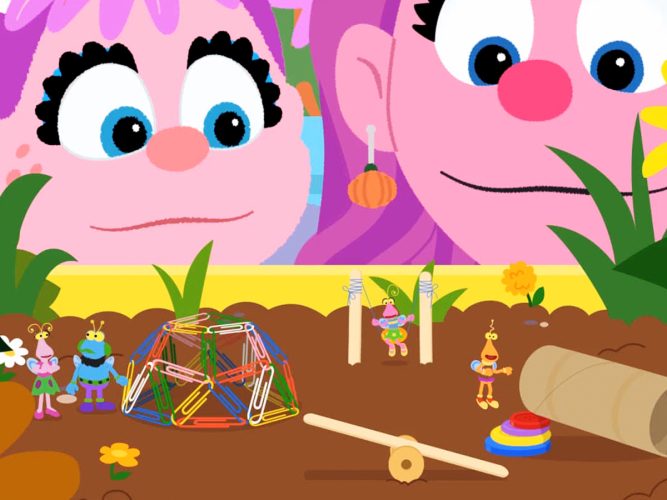
Little Helpers, Big Helping
Kids are never too little to make a big difference!
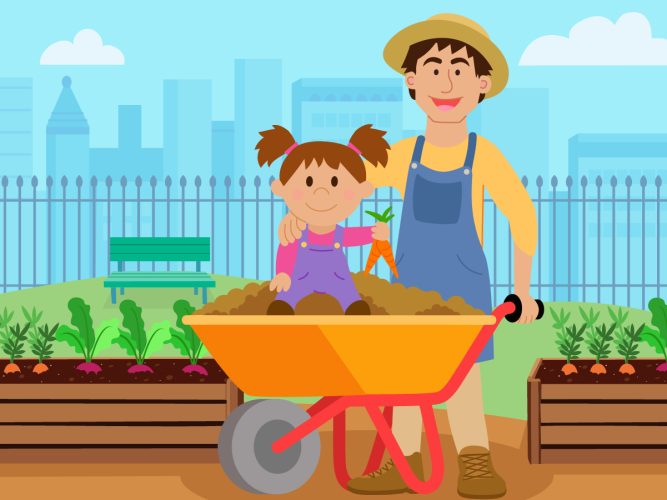
Little Neighbors: Fostering Community Connection, Engagement, and Exploration
